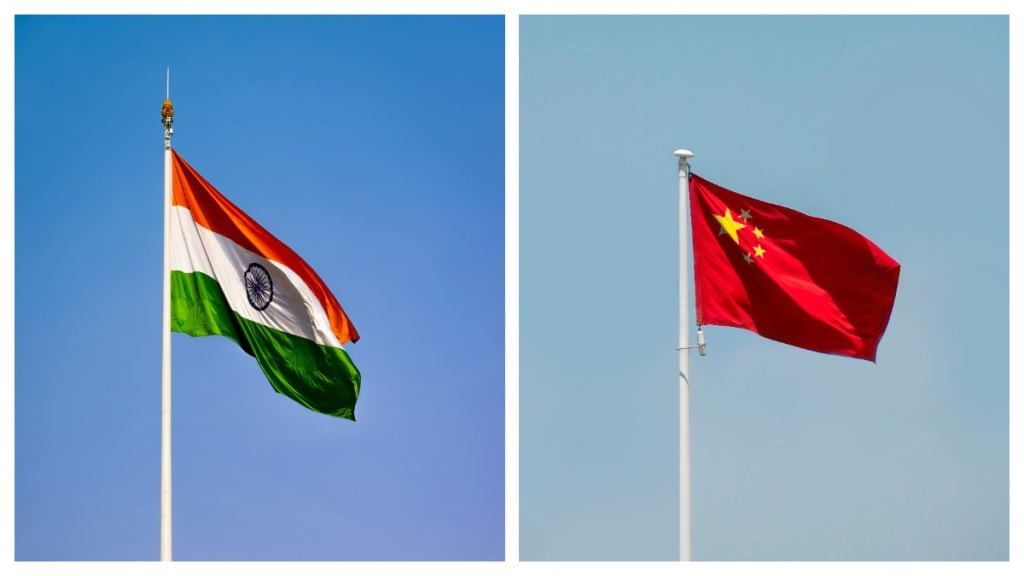On December 13, 2023, Chinese Vice President Han Zheng met with India’s National Security Adviser (NSA) Ajit Doval in Beijing, signalling a renewed commitment to stabilizing the often-tense bilateral relationship between the two countries. The meeting, following a five-year hiatus in the Special Representatives (SR) dialogue, focused on rebuilding political trust, expanding cooperation, and addressing the long-standing boundary dispute. With 2024 marking the 75th anniversary of diplomatic ties, the discussions are seen as a critical step in bringing India-China relations back to a stable and constructive track.
Key Outcomes from the Talks
According to the Chinese readout, Han Zheng stressed the importance of China and India, as ancient civilizations and emerging global powers, adhering to the principles of “independence, solidarity, and cooperation.” He noted that this relationship holds global influence and strategic significance. Han called on both sides to implement the consensus reached by their leaders, particularly in fostering high-level exchanges and gradually resuming institutional dialogues. The goal is to restore political trust and promote collaboration in economic, trade, and cultural areas, thus ensuring stable development in their bilateral relations.
Ajit Doval, in response, highlighted the significance of the resumption of SR talks after a five-year break. He underscored that this dialogue would play a crucial role in advancing bilateral relations. Doval reiterated India’s commitment to strengthening strategic communication with China, expanding mutually beneficial cooperation, and injecting new momentum into the relationship. His remarks emphasized India’s willingness to engage constructively and focus on long-term stability.
Background Leading Up to the Talks
The December 2023 meeting came at a time when India-China relations were recovering from a series of escalations. The 2020 military standoff in eastern Ladakh, which culminated in the deadly Galwan Valley clash, had sharply strained ties. The confrontation, which resulted in the deaths of soldiers on both sides, marked one of the most severe flare-ups between the two countries in decades. Since then, multiple rounds of military and diplomatic negotiations have sought to de-escalate tensions, but the boundary issue remained unresolved.
A significant breakthrough came in October 2023, when India and China finalized a disengagement agreement that saw the withdrawal of troops from two remaining friction points—Demchok and Depsang. This agreement provided a foundation for renewed diplomatic talks, making the SR discussions in December all the more critical. Both sides agreed that managing the LAC effectively and ensuring disengagement stability were vital to preventing further confrontations.
The Role of the SR Talks Mechanism
The recent disengagement agreement between India and China, finalized in October 2023, was a key focus of the SR talks. Both sides committed to implementing the disengagement process fully and ensuring long-term stability along the border. The successful implementation of this agreement is crucial in maintaining peace and avoiding further flare-ups. Moving forward, the SR talks are expected to focus on building mutual trust, ensuring the stability of the disengagement process, and addressing other unresolved issues along the LAC.
Expanding Cooperation Beyond the Border Issue
Beyond the border dispute, both sides also discussed expanding cooperation in other areas, including trade, culture, and technology. Han Zheng’s emphasis on the 75th anniversary of diplomatic relations reflects a desire to mark this milestone by improving ties in a broader sense. The leaders acknowledged that the economic relationship between the two countries, despite tensions, remains strong, with trade continuing to grow. Both sides recognized the importance of deepening cooperation to benefit from each other’s growth and address shared challenges, such as regional security and global economic instability.
The Chinese readout highlighted that the two countries should gradually resume institutional dialogues in economic, trade, and cultural sectors. Strengthening these areas would not only help stabilize bilateral relations but also create new opportunities for mutual benefit. Both sides expressed their readiness to enhance strategic communication, which is crucial for reducing misunderstandings and building a more constructive relationship.
Broader Implications for India-China Relations
The talks also carry broader implications for the Indo-Pacific region, where both China and India are key players in economic and security matters. The outcome of these discussions could set the stage for more cooperation in areas beyond the border, particularly in trade, investment, and regional diplomacy.

